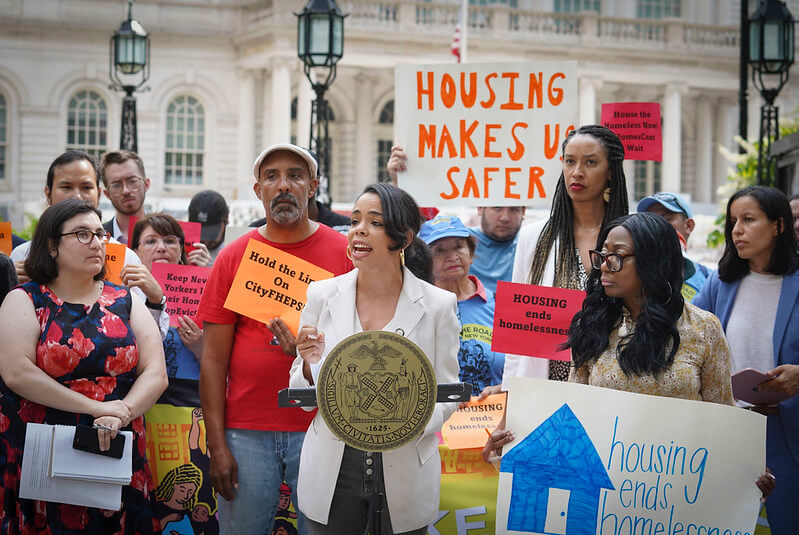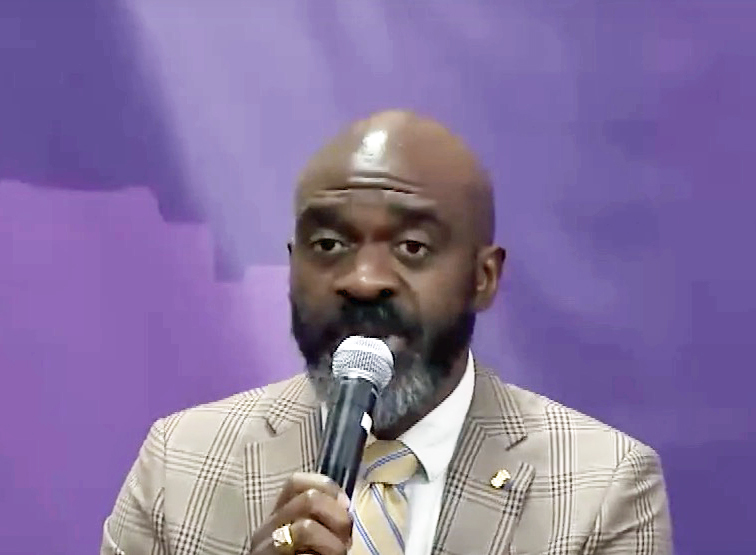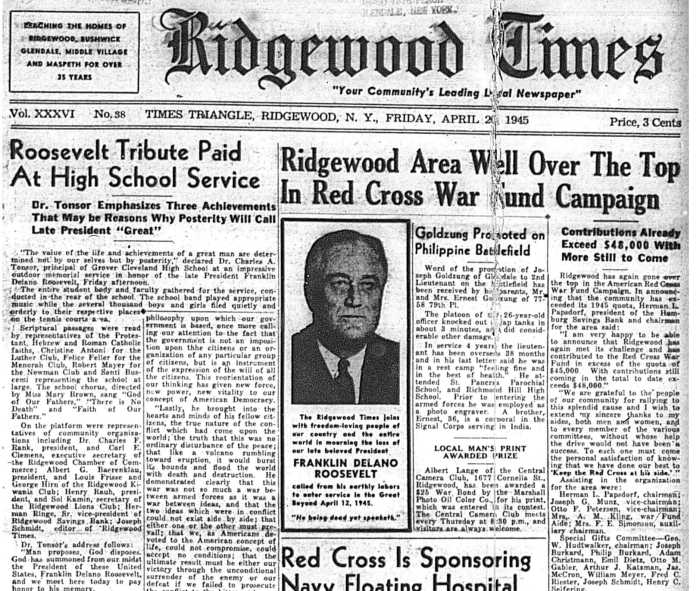A state judge on Thursday sided with Mayor Eric Adams’ administration in its refusal to enact a set of laws expanding access to city housing vouchers — tossing out a lawsuit brought by the Legal Aid Society and the City Council seeking to force him to implement the measures.
However, City Council spokesperson Rendy Desamours said in a Thursday afternoon statement that the council is “pursuing an immediate appeal” of the ruling. The decision marks a significant loss for the City Council in its ongoing power struggle with the Adams administration.
New York County Supreme Court Judge Lyle Frank agreed, in an Aug. 1 decision, with the city’s argument that it does not have to implement the laws expanding the voucher program — known as CityFHEPS. He wrote the laws are “invalid” because the City Council exceeded its authority in passing legislation that alters the program — a power that is granted only to the city Department of Social Services under state law.
“The Court finds that respondent have, beyond a reasonable doubt, established that the City FHEPS Reforms Laws are invalid, based on field preemption,” Frank wrote. “The Court finds that entity that serves as the ‘social services district’ that has received authority from the State to set social services policy is City DSS, and consequently the Council’s new laws conflict with that state law delegation of policymaking authority and is preempted.”
The judge’s ruling came in response to the city asking the court to dismiss the case back in March.
Mayor Adams, in a Thursday afternoon statement, said “we are glad that the court agrees with our administration that these laws went beyond the City Council’s legislative authority.”
On the other hand, Robert Desir, staff attorney with the Legal Aid Society, blasted the court’s ruling in a statement.
“Amid an unprecedented housing and homelessness crisis, today’s court ruling will have a devastating impact on thousands of New Yorkers on the brink of eviction or already experiencing homelessness, and it will cost the City millions of dollars on shelter costs,” Desir said. “We strongly disagree with the court’s ruling, and we are considering all of our options, including an appeal.”
Legal Aid brought the suit, and the City Council quickly joined it, in February when it was clear the Adams administration did not intend to implement the laws, which made the vouchers available to those on the brink of eviction and a wider swath of low-income individuals, rather than just those living in homeless shelters. The administration said its decision was fueled by concerns that the measures were too costly and would create far more competition for a limited number of apartments.
They brought the action on behalf of four plaintiffs who claim they would have benefited from the expansion if the city had not refused to implement it. The suit was based on the argument that the council is a co-equal branch of government and the mayor has to implement laws it passes under the City Charter.
Additionally, Legal Aid and the council argued that the city’s legislature has altered CityFHEPS through legislation in the past. But the judge also rejected that argument in his decision.
The City Council passed the legislative package last year as a means of addressing the city’s ongoing housing and homelessness crises by keeping more New Yorkers on the verge of eviction in their homes. The mayor then vetoed the measures last summer — and in turn, the council overrode his downvote.
Read More: https://www.amny.com/politics/

































